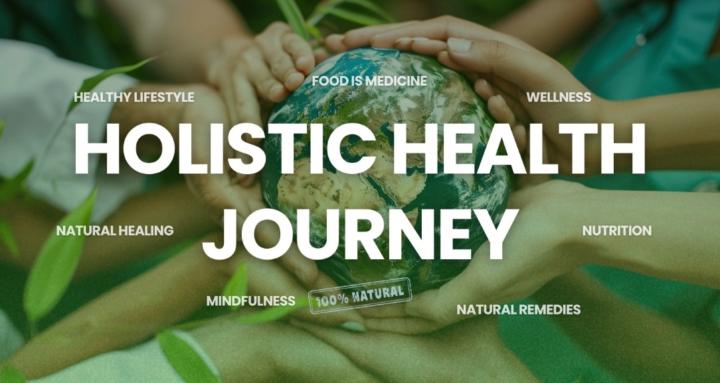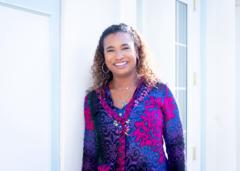Aug 20 • Food is Medicine
📺 Live to 100: What the World’s Healthiest Communities Eat (and Why It Works)
Netflix’s "Live to 100: Secrets of the Blue Zones" is a powerful reminder that food isn’t just fuel—it’s medicine, culture, and connection.
Dan Buettner travels to five regions where people live the longest: Okinawa 🇯🇵, Sardinia 🇮🇹, Ikaria 🇬🇷, Nicoya 🇨🇷, and Loma Linda 🇺🇸. What do they have in common?
🥬 Plant-forward diets rich in beans, greens, sweet potatoes, and whole grains
🍽️ Simple, home-cooked meals eaten slowly and socially
🧘 Purposeful living and low-stress environments
🫶 Strong community ties and intergenerational support
🧄 Food as tradition, not trend—passed down with love
These aren’t restrictive diets. They’re joyful, nourishing lifestyles that center around real food and real people.
🧐 But not everyone agrees on the numbers…
Some researchers have raised concerns about the accuracy of birth records in certain Blue Zones—especially in rural areas where documentation may be incomplete or inconsistent. While this doesn’t erase the value of their lifestyle habits, it does shift the conversation from lifespan to healthspan: how long people live well.
💬 What do YOU think?
Have you watched the documentary yet?
Did the food, the rituals, or the sense of belonging resonate with you most?
And how do you feel about the birth record controversy—does it change your view, or reinforce the idea that lifestyle matters more than paperwork?
Drop your thoughts below 👇
Let’s explore how we can bring Blue Zone wisdom into our own kitchens and communities.
10
6 comments

skool.com/mylera-wellness-8191
🌿 Unlock smarter wellness with MyLera—heal with food, dive into lessons & energize your journey with vibrant community discussions. Earn Rewards! 💚
Powered by





